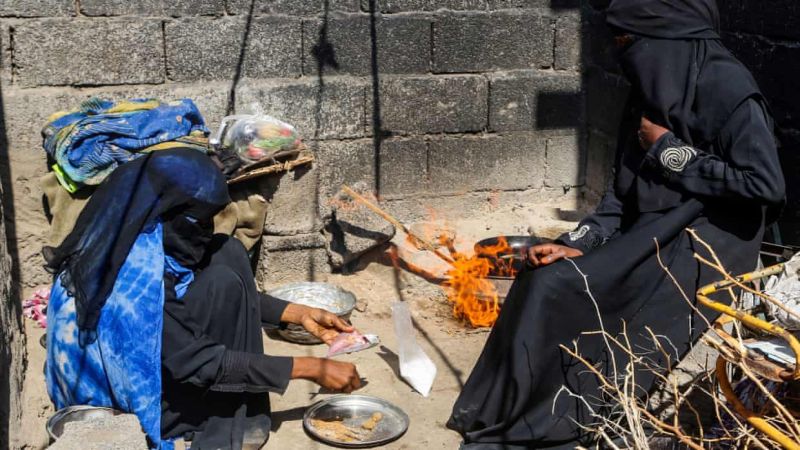
By Patrick Wintour
The UN tried on Wednesday to prevent the collapse of the ceasefire agreement in Yemen by endorsing a fresh Security Council resolution urgently increasing the number of monitors overseeing the deal in Hodeida, the strategic port that lies at the heart of the three-year civil war.
The resolution, drafted by the UK, extends the UN monitoring role for a further six months and increases the number of monitors to as many as 75 people. UN personnel are likely to be transferred from Djibouti to Hodeida.
Both the Houthi revolutionaries … and the UN-backed resigned regime of former Yemeni president, Abd Rabbu Mansour Hadi, have accused each other of multiple breaches of the ceasefire. The terms of that ceasefire – agreed in haste at UN-brokered talks in Stockholm in December – were seen as flawed due to a lack of precision and the country’s geographical limits.
The absence of an adequate number of UN monitors has also made it more difficult for the UN to ascribe responsibility for breaches, and so prevent their repetition.
…
The Houthis said the attack in Lahij governorate was outside the ceasefire zone and accused the Saudi air force of continuing to launch airstrikes in areas of Hodeida since the ceasefire was announced on 18 December.
Alistair Burt, the UK’s Middle East minister, in evidence to a Lords select committee on Wednesday, stressed that “the ceasefire was holding”, but admitted “confidence between the parties is nil”.
Peter Salisbury, a senior Yemen analyst at the International Crisis Group, said in a recent report: “With the deadline for redeployments now past – they were scheduled for completion by 8 January – speculation is mounting that the deal may be on the verge of collapse. The Stockholm agreement is imperfect and imprecise, but it was hard-won. If it is allowed to break down, there will be no opportunity for a similar deal for a long time.”
He added: “Unlike most ceasefire agreements, this one did not include technical details on the scope, nature or duration of the halt to hostilities; definition of breaches; or mechanisms for quickly stopping fighting if it breaks out anew.” Salisbury said the loopholes in the deal left the Houthis free to hand over the ports to themselves.
The Houthi leadership claimed Patrick Cammaert, the UN chair of the committee, was overstepping his mandate, and that meetings were being held in Yemini regime-controlled territory.
“My sense is that it is only so far that a resolution can go. It is really about confidence building between the parties,” said Burt, who added it was critical to keep the RDC talks going.
The UK minister warned: “It is not just the two parties in the room. The UN envoy for Yemen, Martin Griffiths, estimates there could be as many as 1 million combatants in Yemen because other groups have joined the conflict”.
Burt also disclosed that David Beasley, the UN world food program director, had spoken this week “of a more positive Houthi attitude” to cooperation over the distribution of its humanitarian supplies in its areas which had improved, although food was still being diverted and taxes imposed.
In another positive step, Jordan had agreed to stage talks next week on a mass political prisoner exchange, one of the confidence-building measures that the UN has hoped could build trust. Burt said Oman’s foreign minister was acting as a mediator, adding the issue was “very live”.
Burt, contrary to some American descriptions of the conflict, said he did not believe the Houthis were a proxy of Iran, describing them as independent-minded, and pointing out Iran had played a part in ensuring the Houthis attended the Stockholm talks.
But he said it was not possible to minimize “the huge existential fears” felt by the Gulf states due to Iran. He said: “Saudi Arabia is not going to take the risk of a border which could be under the influence, if not the control, of another power that it considers to be hostile.”
The ... war in Yemen began in 2014. A Saudi-led coalition intervened a year later, fighting alongside regime troops.
Source: The Guardian, Edited by Website Team